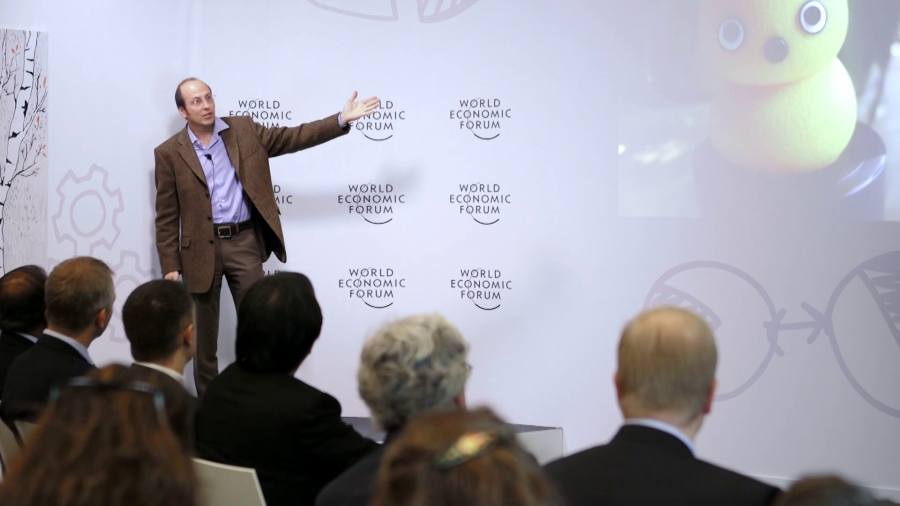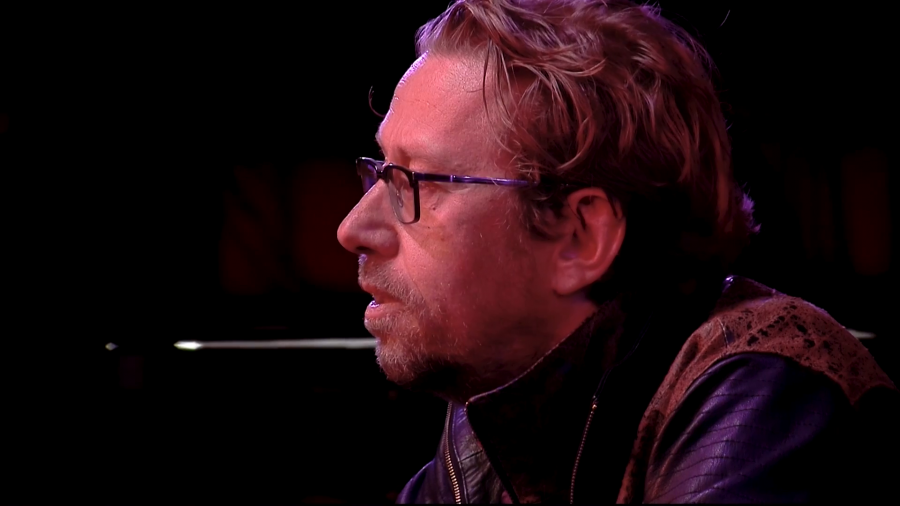One of the problems here, of course, is that there’s no “we.” Who’s we? I mean, humanity’s composed—the human species is composed—of billions of separate individuals with different goals, different plans, different values, and different ideals.
Archive
We’ve got two paradoxical trends happening at the same time. The first is what I call in my book “the cult of the social,” the idea that on the network, everything has to be social and that the more you reveal about yourself the better off you are. So if your friends could know what your musical taste is, where you live, what you’re wearing, what you’re thinking, that’s a good thing, this cult of sharing. So that’s one thing that’s going on. And the other thing is an increasingly radicalized individualism of contemporary, particularly digital, life. And these things seem to sort of coexist, which is paradoxical and it’s something that I try to make sense of in my book.

Instead of having our children become consumers of robotics technology, consumers of products, we’d have to train them to be producers, to realize that they can use robotic technologies to build something with their intuition, their creativity, and their sense of purpose, that has meaning to them. Then we’d have a technologically fluent society.


